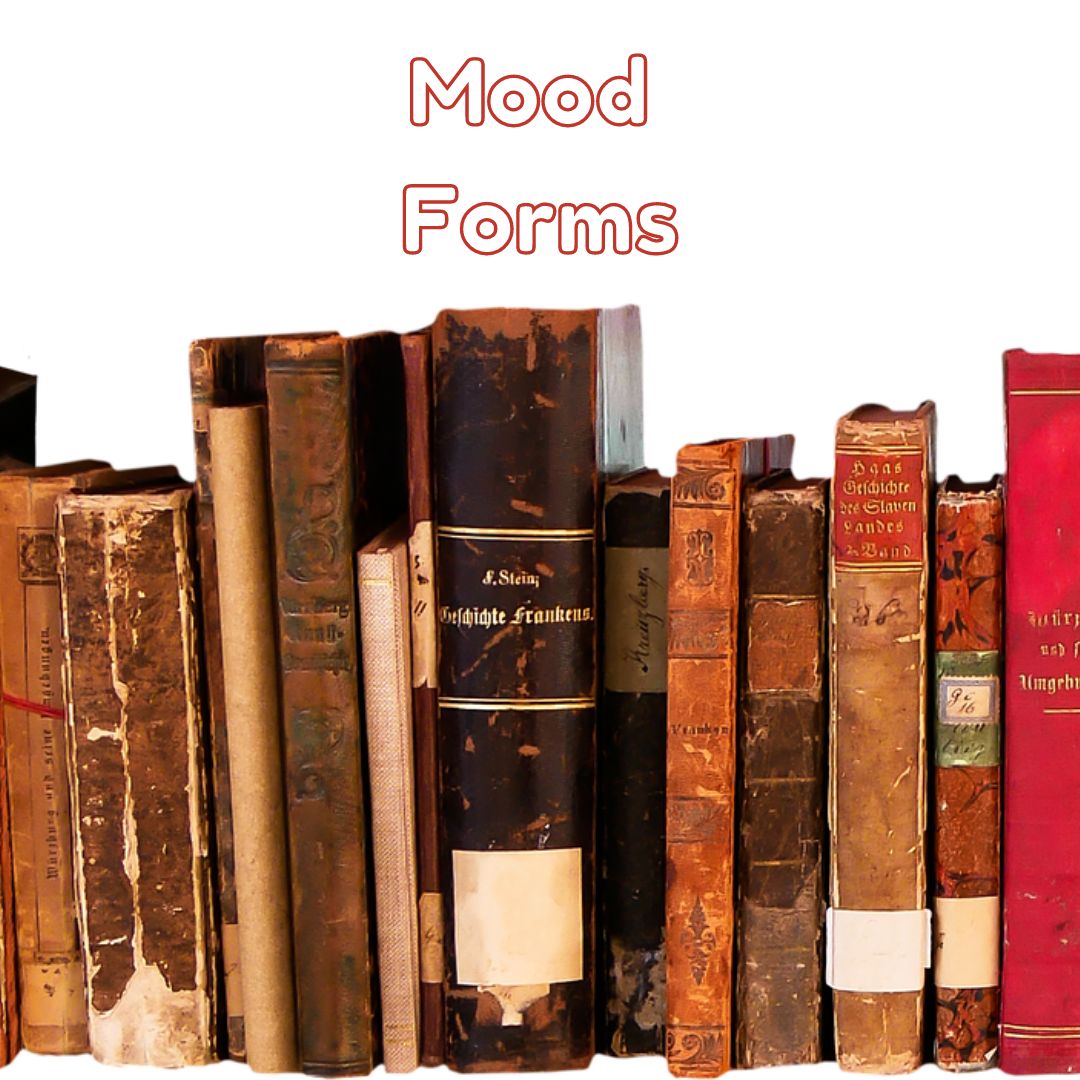Tag: situation

Conditional Sentences without “IF”
Conditional sentences formed without the conjunction if and utilizing inversion with modal verbs such as should, had, were, and could often convey hypothetical or unreal situations.

The Subjunctive Mood
The subjunctive mood is used to express a hypothetical or non-real action or state, and is often used to express doubt, uncertainty, or desire. The verb to be is a particularly common verb used in the subjunctive mood.

The Future Perfect Continuous in the Past
The Future Perfect Continuous in the Past is a tense used to talk about an ongoing action that was expected to be completed at a specific point in the past. It is formed using the past participle of will have been (which is would have been) and the present participle form (-ing) of the main verb.

The Past Perfect tense
In the Past perfect tense, the auxiliary verb had is used with the past participle form of the verb to indicate that the action was completed before a past action or time.

What is the Mood of a Verb?
There are three main mood forms: indicative, imperative, and subjunctive. The indicative mood is used to make a statement or ask a question. The imperative mood is used to give a command or make a request. The subjunctive mood is used to express a hypothetical situation, a suggestion, a wish, or a demand.